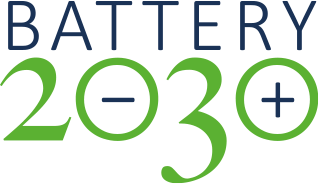Green, safe and high-performing batteries based on abundant materials are a key element in the transition to a carbon-neutral future. So-called zero excess solid-state batteries are one of the most promising technologies that meets these criteria.
For their development, the processes within the battery need to be understood on a fundamental level. Therefore, in OPERA, state-of-the-art experimental and computational methods are combined to gain these insights by partners from all over Europe.
The consortium includes seven leading research institutes, two synchrotron radiation facilities, a small-medium sized enterprise and a large technological company, all from complementary research fields. They proposed a unique strategy to face the challenges of this technology. It relies on the development of novel experimental techniques with a resolution down to the atomic scale. They provide information on multiaxial stress fields, chemical composition, nucleation and growth kinetics, structural defect formation and degradation of model cells. These insights are used for a novel multiscale modelling approach supported by machine-learning algorithms.
The project goals ultimately lead to a deep conceptual understanding and innovative improvement approaches for this type of energy storage technology. This will be an important step towards increasing the global competitiveness, resilience, and independence of the EU.
Project Coordinator Celia Polop, Universidad Autonoma Madrid, Spain
Contact celia.polop@uam.es

